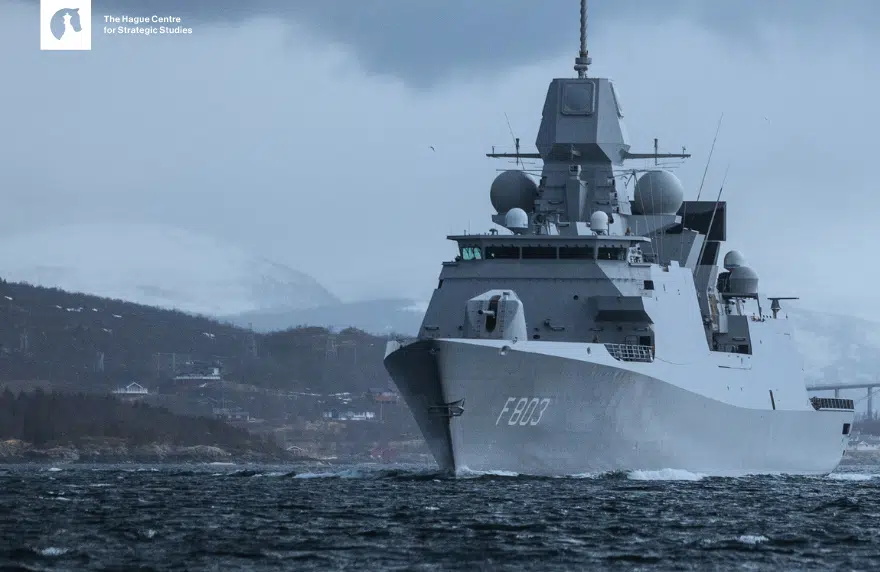Research
In October 2014, European leaders will decide on the EU climate and energy policy (CEP) framework for 2030. The proposed framework by the European Commission sets new targets for renewable energy, reducing green house emissions, and increasing energy efficiency.
The public debate centers on whether the proposal is ambitious enough. Puzzlingly, the geopolitical dimension of European climate and energy policies remains underexposed. This HCSS report analyzes the geopolitical consequences of continuing European reliance on fossil fuels (‘business as usual’) versus a gradual European transition towards 80% or more renewable energy.
Policy makers deciding on Europe’s energy future should take the geopolitical consequences of climate and energy policies firmly into account. CEP will influence the extent to which the EU will face security challenges brought about by climate change. Resource scarcity, changes in agricultural productivity, migration flows, and humanitarian catastrophes caused by climate change heighten the risk of social and political instability, as well as conflict, especially in volatile regions.
The EU 2030 policy framework also has the potential to either perpetuate or transform the structural interdependencies encapsulated in the energy trade relations of the fossil fuel economy. Continued dependence on fossil fuels harnesses several risks for the EU, ranging from price volatility, supply risks associated with dependence on imports from politically unstable regions, gradual depletion of easily recoverable and economically viable resources, and global competition over available supplies. A European transition to 80% or more renewable energy could decrease the EU’s energy dependence and make it less vulnerable to economic and political pressure of energy suppliers, such as Russia. In the medium term, however, decreasing oil and gas revenues may negatively affect the stability in rentier states, where autocratic regimes may no longer be able to finance the social contract with the population. Turmoil in these countries creates new security challenges for the EU.
Download the report here.







